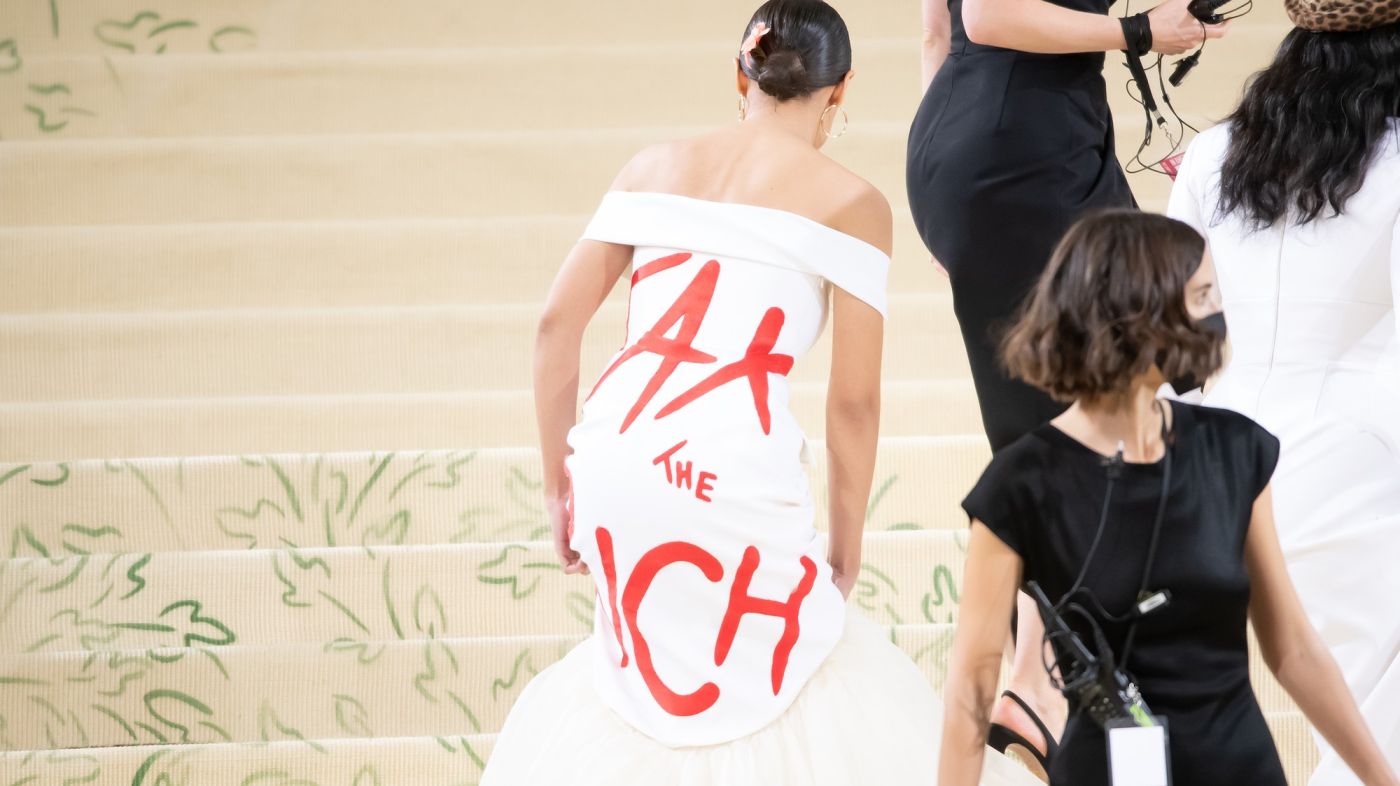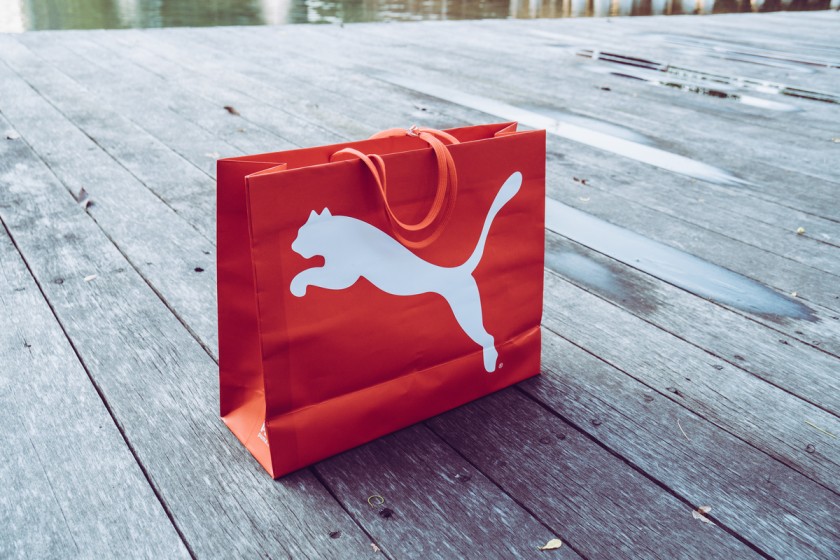How Brexit is Impacting Your Imports & Trades



Brexit
A combination of ‘Britain’ and ‘exit’, Brexit refers to the departure of the United Kingdom from the European Union after a 47-year tenure. On 2016 23rd June, UK held a referendum, questioning voters whether the country should remain a member of the European Union. With a majority of 51.89% voters against the motion, The United Kingdom left the EU on 31st January 2020.
A transition period followed till 24th December 2020 when finally the negotiators for both parties reached a deal on the newfound relationship. Three agreements were signed: the Trade and Cooperation Agreement, The Information Security Agreement, and the Nuclear Cooperation Agreement. All rules of the agreements came into force.
According To The Agreements: The Brexit Effect
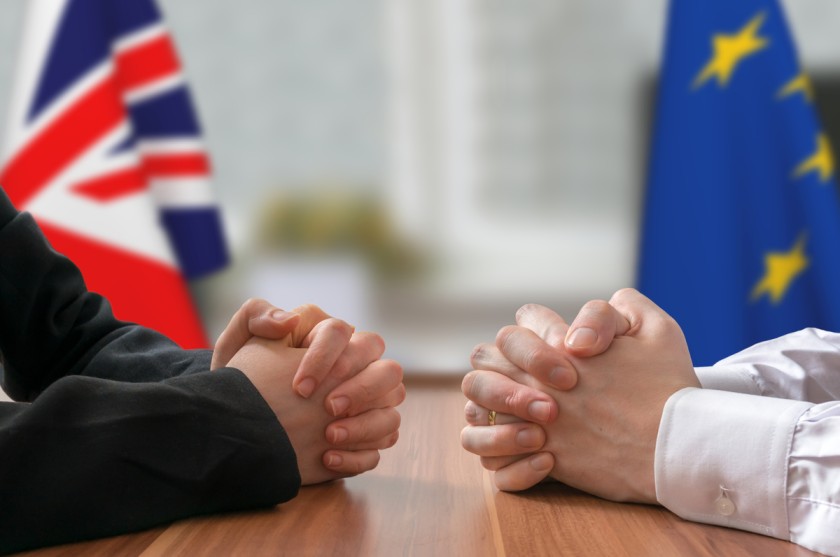
In a nutshell, the agreements stated:-
- Goods Trade: Trade in goods between the UK and EU would not face additional quotas and tariffs. Traders were allowed to self-certify compliance. But customs formalities would require to be followed by both parties. The intent was to limit technical barriers of trade.
-
Service Trade: Trade in services had to follow cross-border provisions, but both parties would favor service providers as their own. There would, however, be no general access to the other’s service markets.
- Energy and Public policies: Other aspects of trade like energy and public policy, there would be regulations and technical cooperation between both parties, but the UK was no longer part of the emissions trading scheme.
- Policy creation: Both parties were free to create their policies regarding labor, subsidies, climate, or environmental policies, but certain ‘leveling’ principles were set to avoid trade distortion.
- Movement: The movement of people between the UK and EU for more than 90 days will require a valid visa.
- Aviation and Roadways: Although the two nations no longer have access to the other’s aviation market, domestic or connecting flights, the point-to-point traffic ways are open to both. Cargo flights rights are negotiated. Similarly, roadways also include limited passenger transport access whereas goods’ transport is allowed up to two movements in each other’s territories.
- Fishery: The UK is no longer a part of the EU Common Fishery Policy.
- Security policy: The UK is no longer a participant in the EU security agencies and does not have access to the Schengen Information System database.
- Funding programs: The UK no longer participates in EU development funding programmes but participates in five technical EU programmes.
- So far, the UK fashion industry has been operating on duty-free access to the EU. Post Brexit in 2021, the country will face a risk of export tariffs, which will affect their trade with their biggest trading partner.
- Although some businesses are lobbying for liberalized regulations, EU firms are uncertain about complying as they believe this would give an unfair advantage to the British manufacturers.
- The UK fashion industry faces a lack of clarity about short-term work visas, affecting promotional activities and labor during large events like the London Fashion Week.
- Overall, Britain's imports dropped 21.6%, and exports fell 19.3%, according to the Office for National Statistics (ONS). Shipments to non-EU countries have seen a slight rise, but imports from other countries declined by 8%. These figures image a 2.9% monthly decline in the overall economic output.
- UK's textile imports from Cambodia
- Rest of Southeast Asia
- Pakistan is one of the biggest exporters of textiles and clothing
- Bangladesh was a top export destination for the UK which amounted to 10.29% of the total country’s export.
- The UK announced that trade facilities will remain the same which these countries post Brexit.
The Fashion Sector
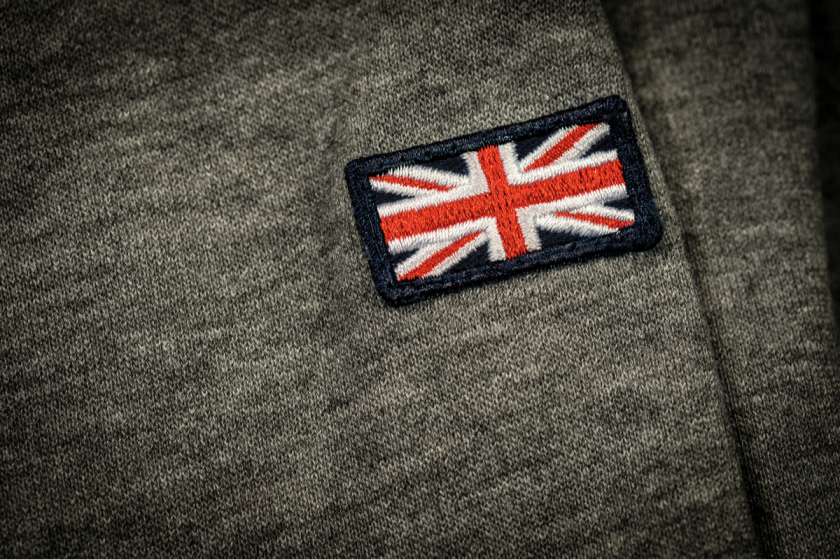
The above factors will affect all trades and movements between the two nations. One primary sector to be affected though is the Fashion sector.
The fashion sector employs more than one million workers and is worth approximately £35bn to the UK. It is believed to contribute higher to the GDP of the UK automobile, fishing, film, and music industries put together. They say the sector is worth £35bn to the UK and employs one million people.
"No-deal Brexit"
The agreements include a clause called ‘No Deal Brexit’. According to this, UK businesses continue with the existing excise, VAT, and customs procedures with the EU, ignoring the transition period.
However, under the No Deal Brexit, according to the UNCTAD (UN Conference on Trade, Investment, and Development), the UK is expected to lose up to 14% of its exports to the EU, which amounts to $11.40 billion to $16 billion of current exports. But the catch-22 situation indicates, non-tariff measures (NTM) may double the same losses.
Overall Brexit Implications
Brexit has impacted all trading businesses with the European Union. Moving goods between Northern Ireland and Great Britain requires more than 200 million customs declarations per year. Goods imported and exported between the UK and EU will have to declare each movement. Between GB and NI (Northern Ireland), the Movement Declaration is required. A Free Trade Agreement and a customs declaration on all goods to be passed between the two states. A commodity code or tariff code is needed to classify the goods. Safety and security fillings are also compulsory.How it will work
Importing into the UK from the EU
As of 1st Jan 2021, all goods imported from the European Union to the United Kingdom will require a UK customs declaration. An interim period of 6 months has been provided for the declaration, but this may create a backlog, tax liability, and increased administration costs. Approximately 80 fashion brands will have to pay an import tariff of 8-12%, although fabrics and yarns have been made duty-free for a year. Goods not imported under proper legal methods are allowed to be rightfully seized by customs. They have the right to sell or destroy these goods.Exporting from the UK into the EU
As of January 1st 2021, all goods exported from the UK to the EU will undergo export controls on dual-use goods like technology, software, security, and over-sensitive items. They will also require a UK customs export declaration.
As for the fashion industry, a tariff of 6-12% will be applied to all exported products. Customs has the right to inspect all paperwork anytime up to the past 7 years. A EU EORI number will be required for all goods to be exported, without which passage will not be allowed.
Value Added Tax (VAT)
The EU VAT registration number will be valid, but the UK VAT registration numbers will no longer be featured.
Moving goods from the EU to the UK
Goods exported from the EU to the UK now need a customs export declaration. From January 1st, 2022, a safety and security filing will also be needed for all similar movements of goods between the two nations. This aims to secure international trade by integrating a risk assessment and fluidity of trade at all possible entry points, whatever the mode of transport of goods. It will require an obligatory filing of ENS (entry summary declaration) before crossing the UK/EU border.Moving Goods from Great Britain to Northern Ireland
All goods moving from Great Britain to Northern Ireland from 1st January 2021, require a UK customs import registration and declaration.
Brexit Economic Impact So Far
Overall Brexit Impact
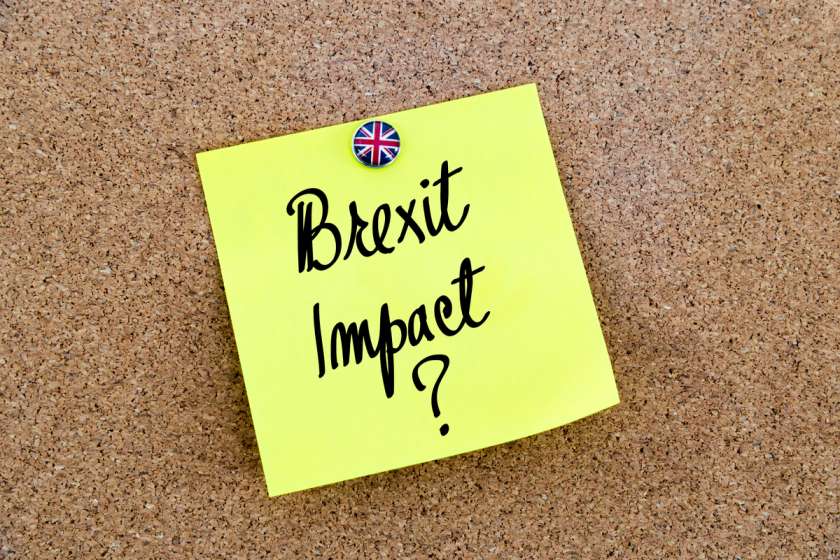
1. Key manufacturing industries including the fashion sector
2. Imbalanced Trade
Although a balanced agreement was expected, as the UK is highly dependent on the EU for trade, especially in the four manufacturing industries mentioned above. The trade policies seem imbalanced. Uk has been facing heavy declines and losses since Brexit.
3. Business relocation and Employment
UK may lose its passporting rights after Brexit and witness an exodus of many EU or international companies moving base from Great Britain. This will further bring down the GDP as well as affect employment in a big way.
4. Labor
The EU was the provider of more than a quarter of the UK’s manufacturing sector’s workforce. EU employees perform a wide range of roles across routine and semi-routine positions in the industry. With Britain’s exit from the EU, that labor force has become nearly minimalistic, and the UK will be in serious need of skilled and semi-skilled labor soon to keep the industries alive.
5. International trade
Third-world countries would be wary of trade with Great Britain now with the hard exit scenario. The EU, being in a stronger position, will rule the import-export and trade market.
6. World Fashion: The global fashion industry has been looming in uncertainty due to the US-China war and now Brexit. Pressure on prices has been created due to the fluctuations in exchange rates. The replacement of trade deals may increase administration, and resource costs are also expected to rise with the replacement of trade deals, further putting pressure on pricing.
Brexit Economic Impact On The Fashion Industry
Retailers seem to be bearing the brunt of the UK-EU deal. According to the UK Fashion and Textile Association (UKFT), as a result of Brexit, as of June 2021, 53% of the big fashion houses have experienced cancelled orders. 44% rejections or returned goods have occurred with reasons being duty costs, VAT, and clearance issues. Re-exporting has also been hit by unexpected duties cutting down orders and sales by another 44%. Double duty has hit 41% of the industry. 74% of 128 fashion houses in the UK are incurring higher costs to stay afloat.Nations And Textile Industries Which Are Benefitting From The Brexit Effect
Conclusion
It took four years from 2016 to 2020 for Great Britain to exit The European Union. The process began with Prime Minister David Cameron till 2016 and followed negotiations under Prime Minister Theresa Mary, Lady May Brasier. She was also the Leader of the Conservative Party from 2016 to 2019. Brexit was expected to be a clear deal of equal rights and agreements, but it seems like the UK seems to be dipping under pressure as time goes by. The impact on imports and trade and the country’s general GDP and financial condition is governed by the Brexit effect.
Looming in darkness, the UK launched its The 'Ready to Trade' campaign on 1st February in 18 cities across 13 countries outside the EU in an attempt to strengthen its ties with future global partners. The fate of the textile sector will depend on the UK’s decision on the new trade deals.
















